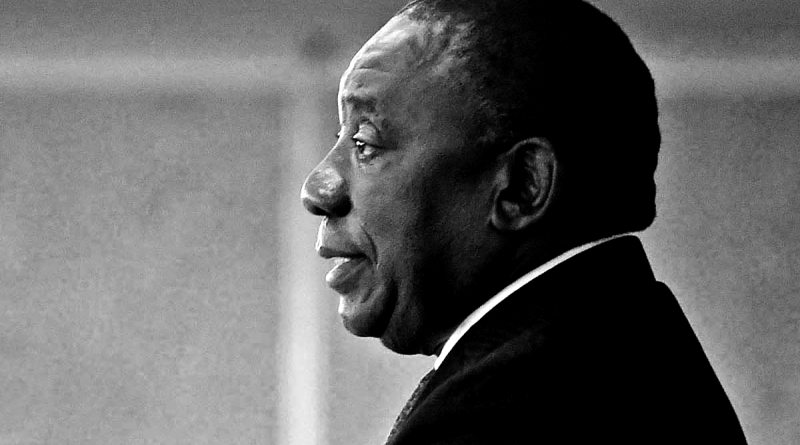South Africa’s day of reckoning draws near
South Africa is approaching the critical deadline set by the Financial Action Task Force (FATF) and will soon know whether it will be added to the global grey list or not.
South Africa underwent a mutual evaluation of its anti-money laundering and combating the financing of terrorism (AML/CFT) system by the FATF between April 2019 and June 2021, with the final report being finalised and published in an October 2021 Mutual Evaluation Report.
The country engaged with representatives of the FATF in January 2023, and the group is now drawing up a report and recommendations, which will be debated and discussed at the FATF plenary sitting scheduled for 22 to 24 February.
While the national government has tried to move with haste – fast-tracking and pushing through omnibus regulations to deal with the concerns raised by the international group – Intellidex founder and analyst Stuart Theobald believes it is a matter of too little, too late for the country.
In a note this week, Theobald said that it is very likely that South Africa will indeed be added to the grey list, and that the next challenge for the country is getting off of it as soon as possible.
According to Theobald, the impact of being greylisted is difficult to quantify. Most of the fallout from the listing would be for businesses conducting international transactions, he said: costs and admin will go up, and it might be a deterrent to multinationals looking to set up shop in the country.
“The consequences of greylisting are that other countries must treat SA with a heightened level of suspicion. Several countries require their institutions to apply ‘enhanced due diligence’ of SA counterparts. In practice, this means more frequent assessments, requests for more details on sources of funds and procedures, and more senior management engagement with foreign counterparts. That is if those counterparts will do business with South Africans at all,” he said.
However, the reputational damage to South Africa will be immense, exposing South Africa’s failures and shortcomings to the world.
The key point of failure in South Africa’s bid to stay off the list, Theobald said, is at the implementation and enforcement level of the laws it has hurriedly passed.
Since the initial publishing of the FATF report, the South African government and its authorities have been fast-tracking legislation to address the 20 deficiencies that were identified.
These new finance laws – including the General Laws (Anti-Money Laundering and Combating Terrorism Financing) Amendment Act No 22 of 2022 and the Protection of Constitutional Democracy Against Terrorism and Related Activities Amendment Act No 23 of 2022 – were enacted in December 2022 in a last-ditch attempt to stay off the list.
Despite these efforts though, Theobald said that the FATF will remain unconvinced while state capture arrests remain low, and known terrorists in the country remain free – with cases being fumbled by local authorities.
Adding to the case against South Africa is that until the end of the FATF’s meetings, the process is now a diplomatic one, where the ultimate decision will be made by governments voting at the plenary – including the USA, who played second fiddle to Russia in recent diplomatic meetings.
According to Theobald, in the likely event that South Africa is added to the grey list this month, it will need to get off the list as soon as possible. The FATF will give guidance on how this can be done and South Africa can apply for a reassessment in 18 months.
Rashaad Carrim, a partner at law firm Webber Wentzel, said that whether South Africa is greylisted or not, the public and private sectors need to come together to tackle the serious issues raised by the FATF.
“The ability for South Africa to stay off the grey list can never be achieved by government interventions alone and the private sector has to play its part now by starting to develop its internal compliance activities, which includes ensuring stakeholder training and buy-in,” he said.
“The shocking news of the precarious position South Africa found itself in following the October 2021 visit by the FATF cannot be allowed to render us impotent, especially when we factor that the so-called increased oversight required is, in fact, just good governance.
Carrim said that it remains uncertain whether the government’s measures will be sufficient to stave off the greylisting, but the markers that the financial community in South Africa is taking the right steps are evident.
“Even if the country is put on the grey list, South Africa will be able to continue functioning – albeit at an increased cost – until the appropriate protocols are in place, which is likely to happen fairly quickly, if the current momentum is maintained,” he said.
Read: D-Day for South Africa

